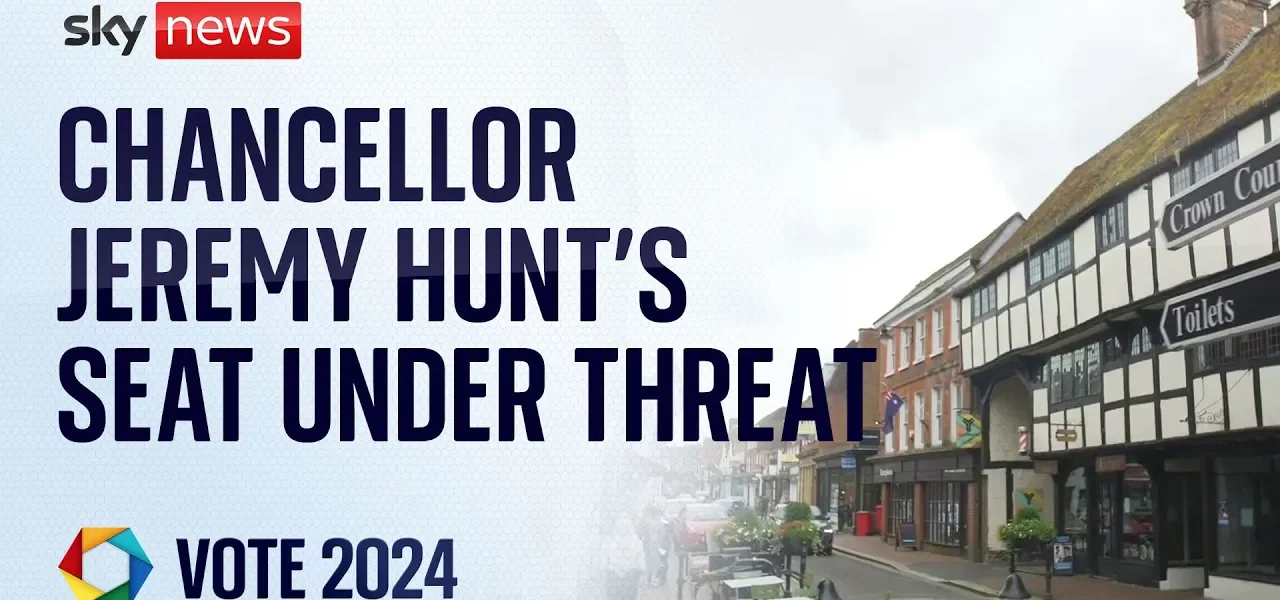Voter Sentiment Shifts in Affluent Constituencies Amid Rising Living Costs

As the UK approaches a critical election, shifting voter sentiments in historically Conservative strongholds reveal growing dissatisfaction with current governance. Families are feeling the financial squeeze, prompting many to reevaluate their political loyalties. This article delves into the dynamics at play in these affluent constituencies, particularly focusing on the challenges faced by voters.
Introduction
The political landscape in the UK is undergoing significant changes, particularly in affluent constituencies that have traditionally leaned towards the Conservative Party. With rising costs of living—including mortgages, childcare, and energy bills—voters are starting to express their discontent. This article discusses the implications of these changes, the shifting voter base, and the potential outcomes of the upcoming election.
Current Economic Challenges
Families in affluent constituencies are grappling with escalating expenses that are forcing them to reconsider their voting choices. The financial strain is palpable, as many households are struggling to make ends meet.
Mortgage Rates and Housing Costs
One of the most pressing issues is the rising mortgage rates. As rates increase, homeowners are feeling the burden.
- Many families are dipping into savings to manage mortgage payments.
- Increased financial pressure has led some to drop childcare arrangements.
- The fear of further rate hikes looms over potential homebuyers.
Childcare Expenses
Childcare costs have surged, presenting another hurdle for young families. The implications are significant:
- Parents are opting out of nursery services due to affordability issues.
- The inability to afford childcare is affecting parents’ ability to return to work.
- Families are reevaluating their budgets, which influences their political preferences.
Energy Bills
Rising energy bills contribute to the overall financial stress. Many voters are questioning government actions regarding energy prices and their impact on household budgets.
Shifting Political Loyalties
As economic pressures mount, voters in historically Conservative areas are beginning to voice their frustrations and reconsider their party allegiance.
Voter Testimonials
Many former Conservative supporters are now contemplating a shift in their voting behavior:
- One voter expressed a desire to vote differently due to dissatisfaction with recent government actions.
- Another mentioned that their political stance is more aligned with the Conservatives, yet they feel compelled to switch for financial reasons.
- Concerns over the handling of the pandemic and its aftermath are pivotal in shaping voter opinions.
The Role of the Labor Party
The Labor Party appears to be capitalizing on these sentiments. Current polling projections suggest:
- Labor could achieve the largest majority in a century.
- Historically strong Conservative seats are now at risk of being lost.
- Increased competition from the Liberal Democrats and smaller parties is reshaping the electoral landscape.
Conclusion
The upcoming election may witness unprecedented shifts in voter alignment, particularly in affluent constituencies that have long been Conservative strongholds. Rising living costs and dissatisfaction with current governance are prompting voters to reconsider their loyalties. As the election approaches, the dynamics in these areas remain fluid, with potential surprises in store.
Stay informed and engaged with the latest political developments as they unfold. For more insights on voter sentiments and political trends, visit our related articles on UK politics.
“`




